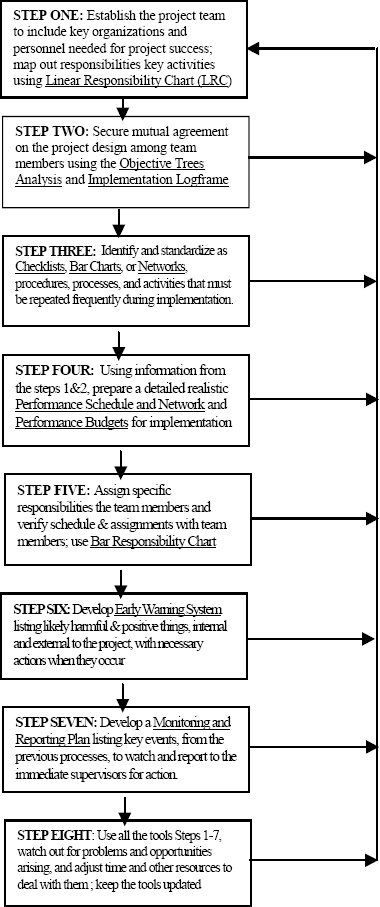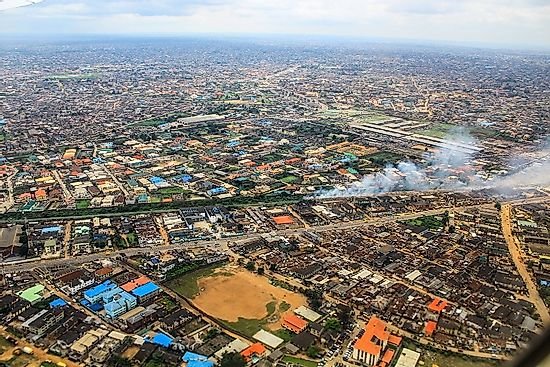Unveiling 7 Key Functions Of Inec: A Comprehensive Guide
The Independent National Electoral Commission, commonly referred to as INEC, plays a pivotal role in the democratic process of Nigeria. List 7 functions of INEC include voter registration, conducting elections, and voter education. Ensuring a free and fair electoral system is at the core of INEC’s mandate. By understanding these key functions, we can appreciate the importance of INEC’s role in upholding democracy in Nigeria.
List of 7 Functions of INEC
Welcome, young readers! Today we’re going to delve into the world of INEC – the Independent National Electoral Commission. INEC plays a crucial role in ensuring that elections in Nigeria are free, fair, and credible. Let’s explore seven key functions of INEC and understand why they are important.
1. Voter Registration
One of the primary functions of INEC is to register eligible voters. Voter registration is the process by which individuals sign up to vote in elections. This function ensures that every citizen who is eligible to vote has the opportunity to participate in the democratic process. By registering voters, INEC helps to create a voter database that is used to verify the identity of voters during elections.
2. Electoral Planning and Organization
INEC is responsible for planning and organizing all electoral activities in Nigeria. This includes setting election dates, determining polling station locations, and deploying election officials to oversee the voting process. Electoral planning and organization are crucial to ensuring that elections run smoothly and that every eligible voter has the opportunity to cast their ballot.
3. Voter Education
Another important function of INEC is voter education. Voter education involves providing information to the public about the electoral process, including how to register to vote, where and when to vote, and how to cast a ballot. By educating voters, INEC helps to ensure that citizens are well-informed and prepared to participate in elections.
4. Candidate Nomination and Ballot Design
INEC is responsible for overseeing the nomination of candidates for elections. This includes verifying the eligibility of candidates and ensuring that they meet the necessary requirements to run for office. Additionally, INEC is responsible for designing the ballot papers used in elections, ensuring that they are clear and easy to understand for voters.
5. Election Monitoring and Observation
INEC monitors and observes the conduct of elections to ensure that they are free, fair, and credible. Election monitoring involves tracking the voting process, from the opening of polling stations to the counting of ballots. By monitoring elections, INEC can identify and address any irregularities that may occur during the voting process.
6. Results Collation and Announcement
After the voting process is complete, INEC is responsible for collating and announcing the results of the election. This involves tabulating the votes cast and determining the winners of the election. By ensuring that election results are accurately collated and announced in a timely manner, INEC helps to uphold the integrity of the electoral process.
7. Electoral Dispute Resolution
Finally, INEC plays a key role in resolving electoral disputes that may arise before, during, or after an election. Electoral disputes can include issues related to voter eligibility, ballot counting, or allegations of electoral fraud. INEC has mechanisms in place to address these disputes fairly and transparently, ensuring that any concerns are resolved in accordance with the law.
These are just some of the important functions that INEC performs to ensure that elections in Nigeria are conducted in a transparent and democratic manner. By carrying out these functions effectively, INEC helps to uphold the principles of democracy and promote good governance in the country.
Remember, young readers, elections are a vital component of democracy, and it is important for all citizens to take part in the electoral process. By understanding the functions of organizations like INEC, we can all play a role in shaping the future of our country through the power of our vote.
Function of Electoral commission | Government | SSS 2
Frequently Asked Questions
What are the functions of INEC?
INEC, the Independent National Electoral Commission, has seven main functions which include voter registration, conducting elections, political party registration, voter education, result collation, logistics, and monitoring elections.
How does INEC contribute to ensuring fair elections?
INEC plays a crucial role in ensuring fair elections by conducting voter education programs, monitoring elections to prevent malpractices, and managing the logistics involved in the election process to guarantee a smooth and transparent voting experience.
What role does INEC play in the registration of political parties?
As part of its functions, INEC is responsible for registering political parties in Nigeria, ensuring that they meet the necessary criteria and guidelines to participate in the electoral process.
Final Thoughts
In conclusion, INEC plays a vital role in ensuring free and fair elections in Nigeria. Its functions include voter registration, conducting elections, voter education, and result collation. Additionally, INEC is responsible for voter accreditation, political party monitoring, and electoral dispute resolution. These 7 functions of INEC are crucial for upholding the democratic process and maintaining transparency in the electoral system.






